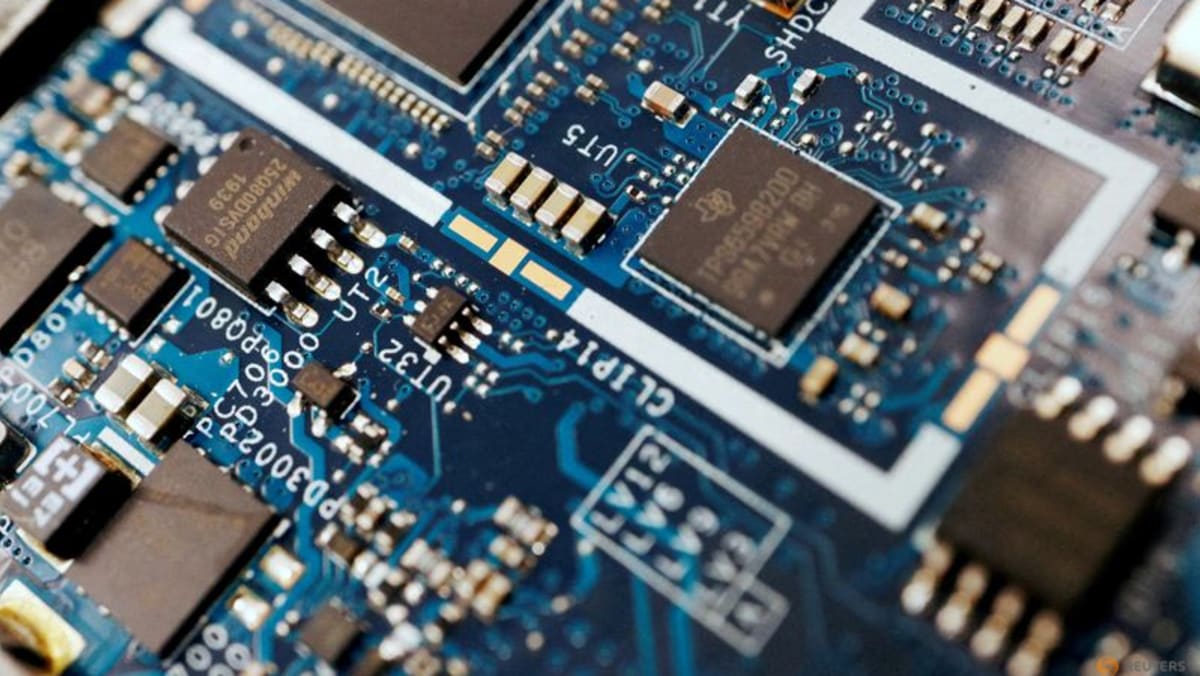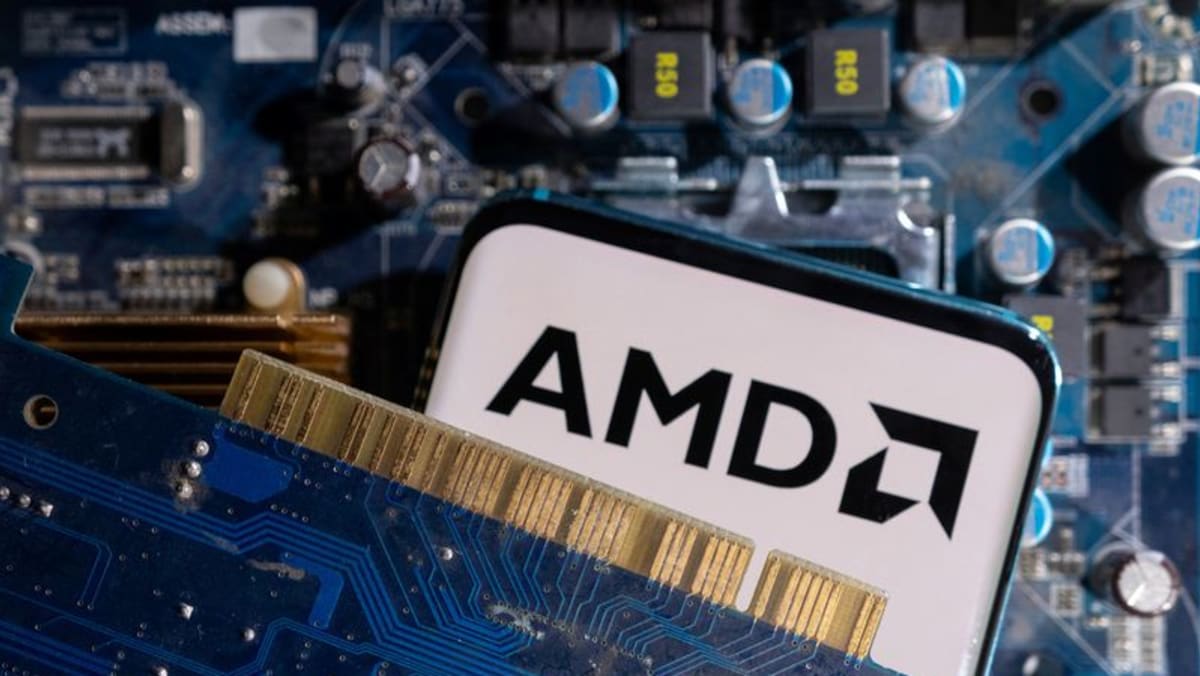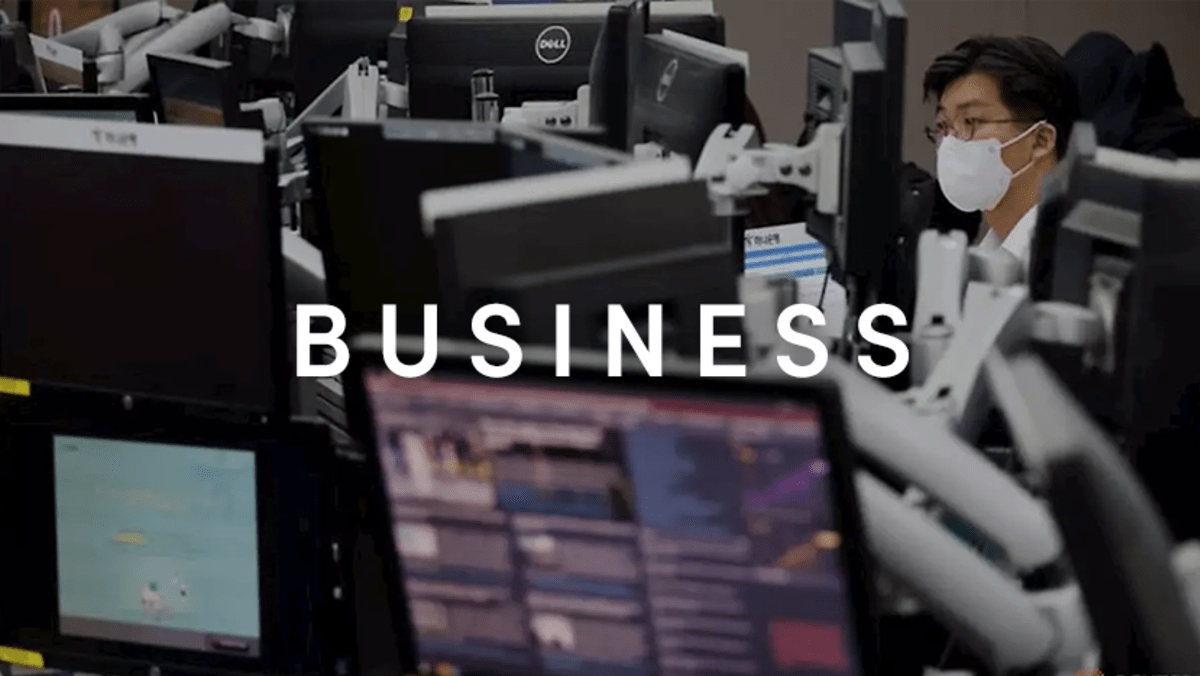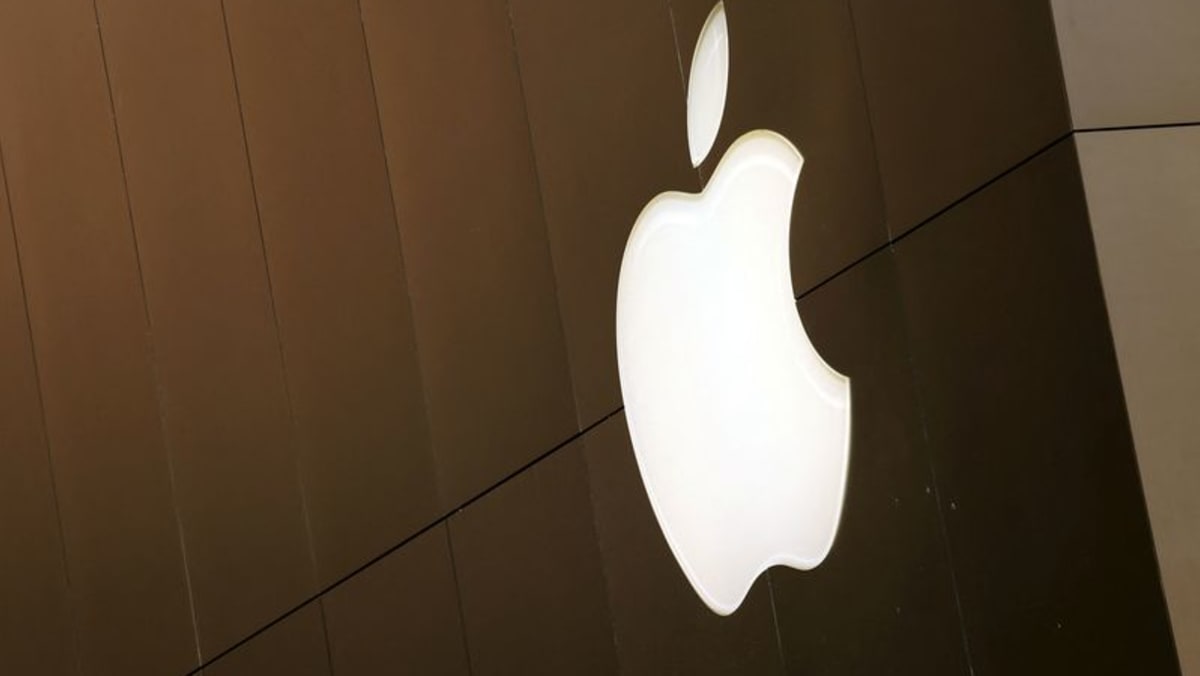And so you know that you need to do this to the next person who join us. So it’s very deliberate.
As a business manager, I ensure that even the interns or fresh graduates who join us, we assign a mentor to them, so that there’s someone that they can ask their questions to, who can guide them, because we have been there in their shoes … so that’s why we get someone who can give them guidance, someone that they can fall back on when (they feel) “I really don’t know how to do this”. They can go to their mentors to ask the questions.
Gerald Tan, host:
So I’m picking up from Irene that this is not really a programme. The mentoring effort is really like a culture.
You have benefited from mentors yourself before, and you’re paying it forward, learning to take care of people all the way not just employees, but also the interns.
Tiffany:
What is the difference then, between having a mentor and a buddy?
Irene:
We also have a buddy system. So for each of my engineers, I assign them two people. One is a buddy and one is a mentor.
So the buddy tells you, where’s the toilet, where’s the best place to eat, where’s the best coffee … so he or she won’t be so lonely on the first day of work …
But a mentor will be a little bit more deliberate, as in to guide the new joiner on the more technical things. And sometimes I will also assign a so-called soft skill mentor, because engineers, we are not very good at soft skills, so we need to practise a lot on that as well.
Tiffany:
So is this mentor, somebody who is also reviewing your performance at the end of the year?
Teoh Mei Ting, mentee:
Not really. They were there to just guide me, to give me a big picture and the direction for me to know where to go, instead of me spending hours on research (in the) wrong direction.
Tiffany:
So you can pester your mentor every single day?
Mei Ting:
No … I will try to do my background research first.
Tiffany:
They are not your ChatGPT right?
Mei Ting:














